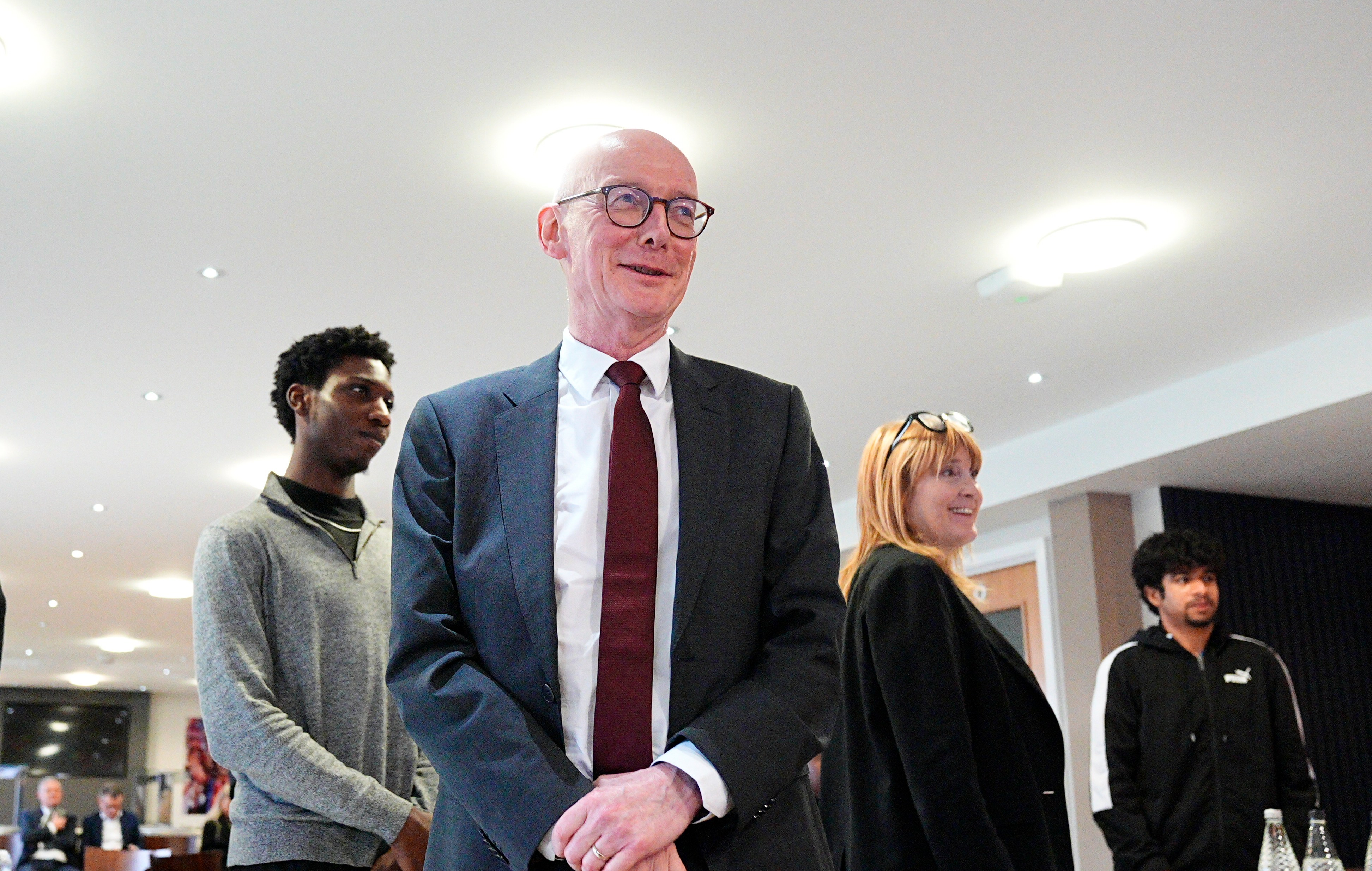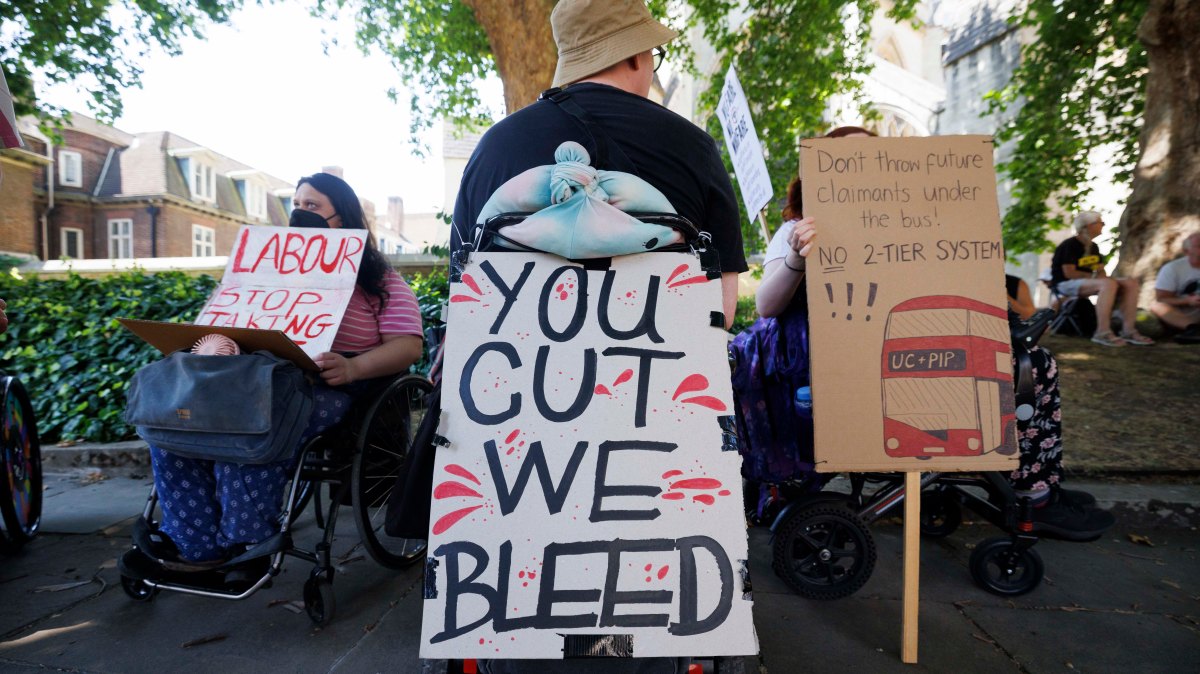Almost 250 people a day were awarded disability benefits for anxiety and depression in Labour’s first year, and the rise was fastest among the young.
More than 600,000 people are now getting personal independence payments (PIP) for such conditions, as numbers going on to benefits for mental health problems continue to rise faster than overall claims.
There are now 60,000 young people claiming PIP for anxiety and depression, and ministers are facing calls to revive attempts at reform after a backbench revolt forced them to abandon £5 billion in disability benefit cuts.
• Can anything get England off welfare?
Pat McFadden, the work and pensions secretary, has ruled out any changes to PIP for the next year but insisted that doing more to get young people into work was an “early priority”.
He has focused on less contentious efforts to improve support for the long-term sick and on Wednesday set out a deal to offer jobs fairs and health advice at Premier League football grounds.
“The last thing we want to see is people graduating from school onto benefits,” McFadden said, describing the million young people not in education, work or training as “one of the things I’m most concerned about”.

Pat McFadden has ruled out any changes to PIP for the next year
AARON CHOWN/PA
He is considering whether to press ahead with plans to ban people under 22 from claiming universal credit incapacity benefit, saying that “people have almost had a financial incentive to say that they were unfit for work”.
PIP pays people between £1,500 and £9,750 a year to compensate for the extra costs of disability, and is available whether or not someone is in work. There are now 3.8 million people claiming, a figure that is projected to top 6 million by the end of the parliament. The cost of the benefit has doubled in real terms since 2018 to £28 billion.
Mental health conditions are now the most common reason to claim. The Centre for Social Justice (CSJ) think tank found 90,183 new claims for anxiety, depression and mood disorders were awarded in the 12 months after Labour took office, a rate of 247 a day.
This includes 17,287 under-25s starting on PIP for anxiety and depression, a rate of 47 a day. While some have stopped claiming, overall numbers for these conditions are up by 44,000 to 633,480, a 7 per cent increase. Among under-25s, claims are up 12 per cent to 59,999.
• Welfare payments granted for obesity, alcoholism and acne
Ben Gregg, senior researcher at the CSJ, said: “Abandoning young people to sickness benefits only increases the isolation feeding their struggles. It is neither kind nor helpful. The government can and should redirect funding to tackling the root causes of mental ill-health.”
The think tank has argued for banning PIP claims for milder mental health conditions and using a chunk of the £7 billion saving to improve NHS therapy services to get people back to work, an idea adopted by the Tories.
Nigel Farage, the Reform UK leader, has promised reform of a “frankly farcical” sickness benefits system that he said had created “a terrible poverty trap”.
Senior figures in No 10 are keen to make another attempt at welfare reform but ministers, under pressure from Labour MPs, have promised no changes to PIP until after a review to be carried out in conjunction with disability groups.
A spokeswoman for the government said: “We are reforming the broken welfare system by shifting our focus away from welfare and onto work, skills and opportunities — especially for younger people.”

